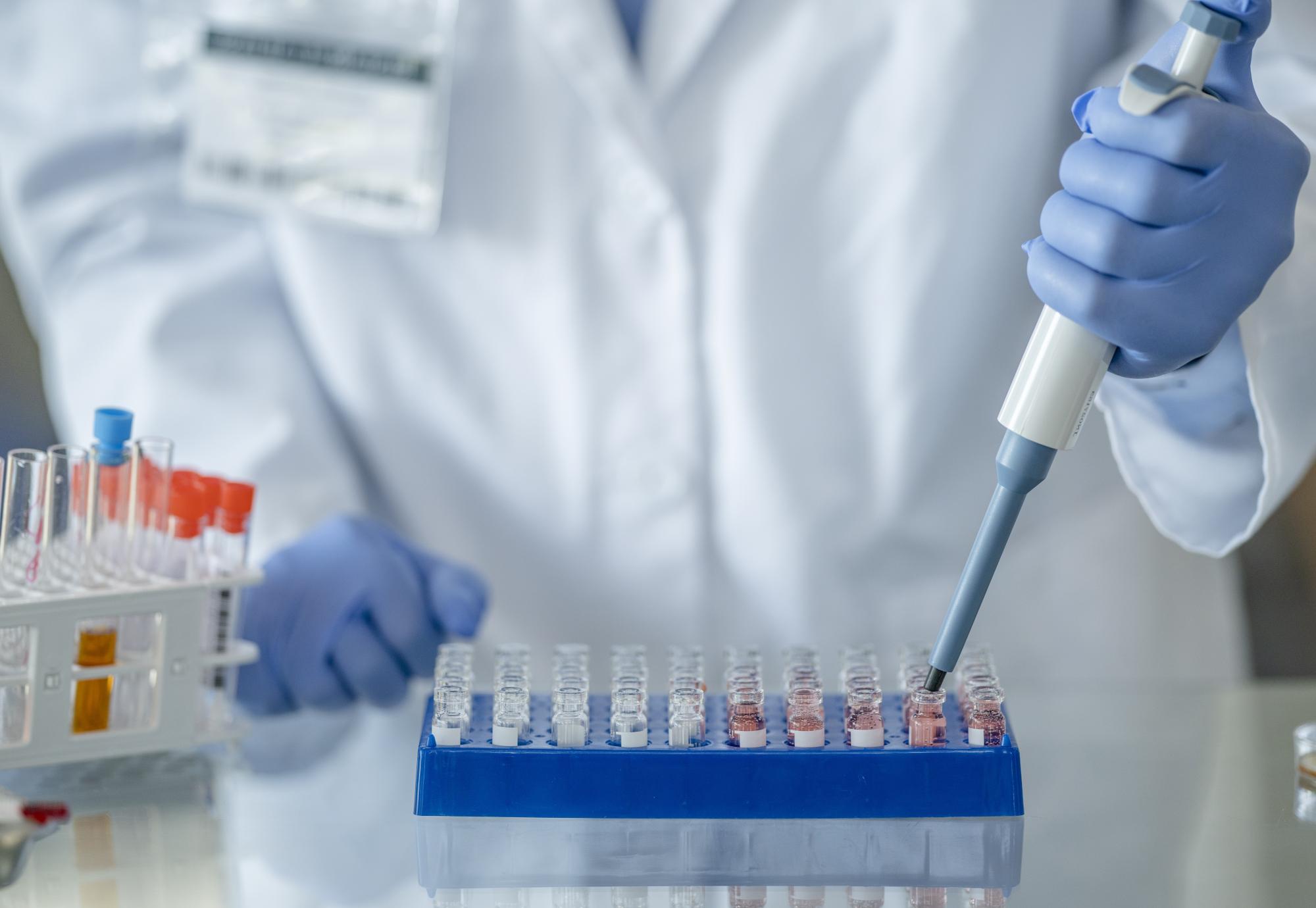NHS Blood and Transplant (NHSBT) is carrying out a vaccination study (C-Velvet)¸ based on two small studies (1) (2).The study will look at whether vaccinations create a huge increase in antibody levels, in people who have already had coronavirus. Researchers believe it will generate antibody levels around 100-200 times higher than in people who have not had the virus.
The study will provide data for research into antibody therapies able to fight multiple viral strains. Previous research showed that exposure to both the virus and the vaccine could lead to a stronger, more broadly effective response against different strains of the virus.
Research will involve going back to 100 people who donated convalescent plasma after recovering from Covid-19. They are now being contacted by NHSBT to give blood samples 28 days after their vaccination. The neutralising antibody levels will be compared against the antibody levels of when they were plasma donors. Around 50 people have given samples so far.
Dr Lise Estcourt, Head of NHSBT’s Clinical Trials Unit, and study lead, said: “They found an increase in the cross reactivity of the antibodies against different viral strains.
“Our C-Velvet study could have two benefits for potential treatments. We may identify plasma ‘super donors’ who provide the very high antibody levels needed for any trial of hyperimmune plasma.
“Secondly, our study could inform the development of monoclonal antibody therapies which react against more viral variants.”
Minister for Innovation Lord Bethell, said: “The UK is home to a thriving industry for life sciences, research and development, and the launch of the C-Velvet study will be an important addition to our immense quota of UK-based Covid-19 studies.
“These potential “super donors” could be invaluable for future Covid-19 treatments and trials to fight the virus and keep people safe.
“I look forward to seeing what this study will bring to bolster our fast-growing knowledge of the virus and its weaknesses so we can all build back better.”



















